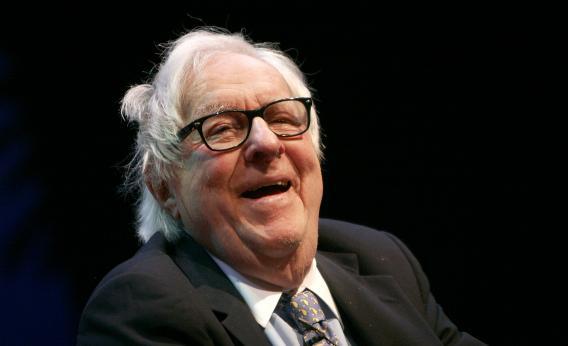Naming an eight-pound baby (or even a puppy, for that matter) can cause massive amounts of familial strife. So it makes sense that christening celestial bodies—or their features—and figuring out their coordinates can spark conflict among normally level-headed scientists.
As Eric Hand reported in Nature this week, the team behind NASA’s Dawn mission, which is mapping the asteroid Vesta, is embroiled in a dispute with the International Astronomical Union, the body that handles space nomenclature, among other things. You may remember the IAU from space’s last big definition battle, over whether Pluto is a planet.
According to Hand, the IAU and the Dawn team are at odds “over which coordinate system to use, and where to place the prime meridian from which longitude will be measured.” The Dawn team thinks that its preferences improve the mapping of Vesta, but the IAU does not want to budge from the guidelines it set before the NASA mission began.
The IAU’s rules have also plagued the Curiosity mission to Mars. For instance, the Curiosity folks wanted to name a mountain in the Gale crater after Robert Sharp, a geologist who died in 2004, but the IAU rules state that “large features such as mountains” have to bear Latin names. Officially, the mountain is now known as Aeolis Mons, though the Curiosity team continues to call it Mount Sharp informally, says Hand.
But the good news is that the IAU is not a total kill-joy: Craters and other features may be named after people. Accordingly, on Wednesday it was announced that the Curiosity landing site will be named in honor of Ray Bradbury, whose 92nd birthday would have been on Aug. 22. Curiosity tweeted, “In tribute, I dedicate my landing spot on Mars to you, Ray Bradbury. Greetings from Bradbury Landing!”
Even the IAU must approve of bringing Earth-bound science fiction into space. As the Guardian notes, in 2001, after the death of sci-fi writer Douglas Adams, the IAU named an asteroid Arthurdent, after the hero of The Hitchhiker’s Guide to the Galaxy.
